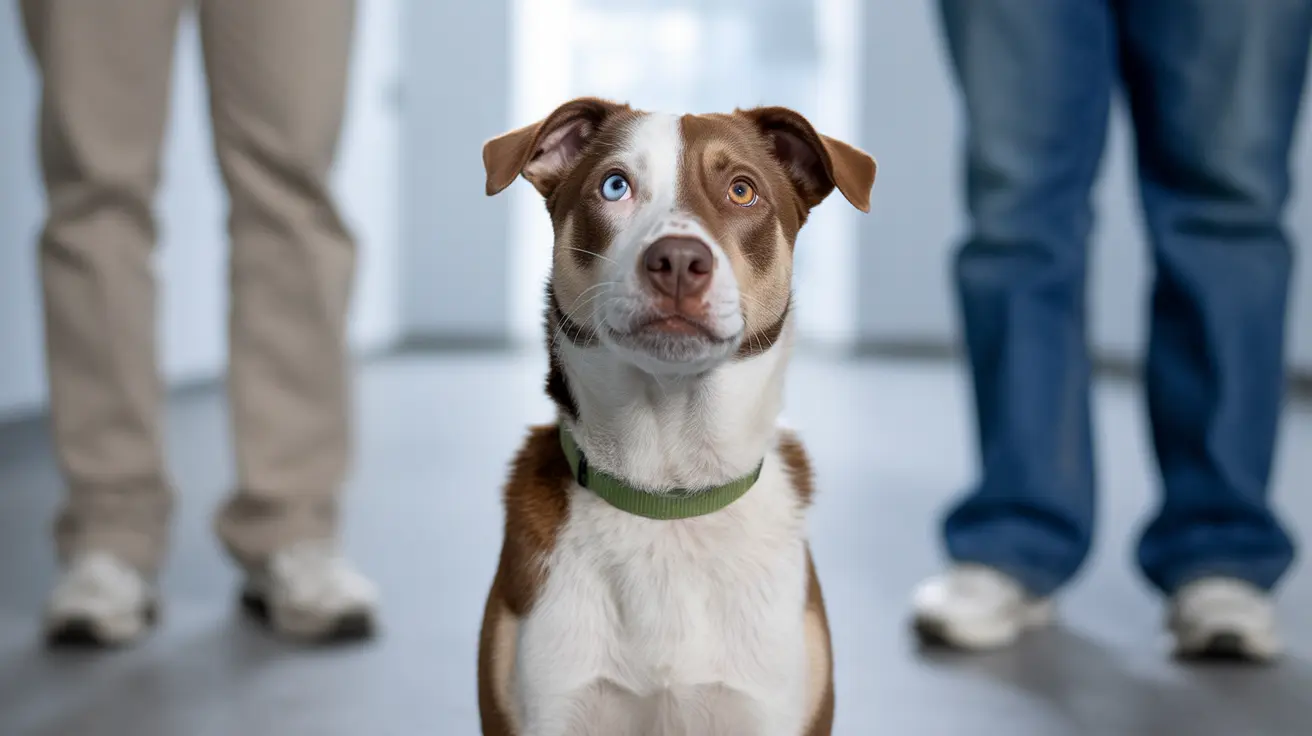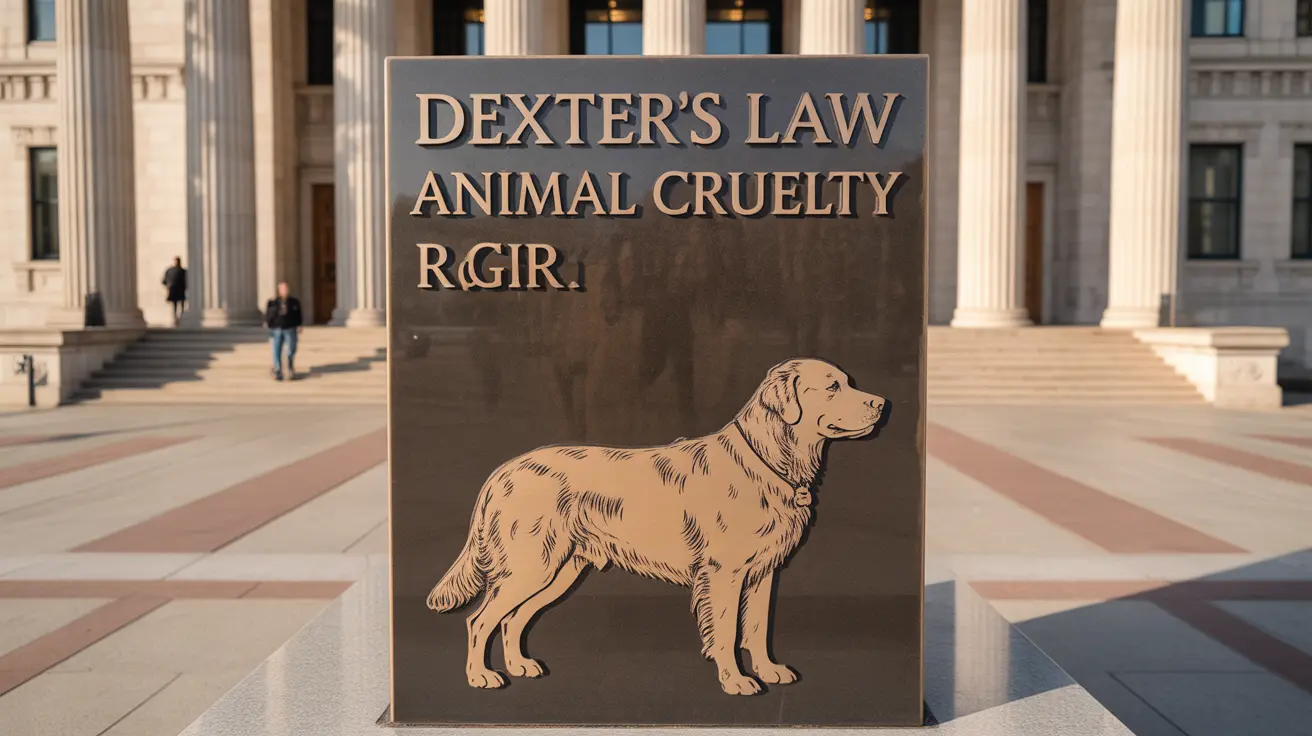Understanding Dog Anal Glands and Their Function
Dogs have two small sacs, called anal glands, located on either side of their anus. These glands naturally produce a strong-smelling fluid that serves as a territorial marker and means of communication between dogs. During normal bowel movements, these glands typically express themselves naturally as stool passes through the rectum.
However, various factors can interfere with this natural process, leading to leakage and other complications that require veterinary attention.
Common Causes of Anal Gland Leakage
Impaction and Blockage
The most frequent cause of anal gland leakage is impaction, where the glands fail to empty properly during defecation. This can occur due to soft stools that don't create enough pressure for natural expression, or when the gland openings become blocked with thickened secretions.
Inflammation and Infection
When anal glands become impacted, they're more susceptible to inflammation and bacterial infection. This can cause the secretions to become more liquid and prone to leaking, potentially leading to abscess formation if left untreated.
Anatomical and Physical Factors
Some dogs are more prone to anal gland problems due to their physical structure or health conditions:
- Obesity that reduces natural gland expression
- Small breed anatomy that affects gland positioning
- Weak sphincter muscles
- Narrow or malformed ducts
Signs Your Dog Has Anal Gland Problems
Watch for these common indicators of anal gland issues:
- Persistent scooting or dragging the rear on the floor
- Excessive licking or biting at the anal area
- Strong fishy odor
- Visible swelling or redness around the anus
- Brown or bloody spots where your dog has been sitting
- Discomfort when sitting or during defecation
Treatment and Prevention Strategies
Professional Care
If you suspect your dog has anal gland problems, consult your veterinarian for proper diagnosis and treatment. Professional treatment may include:
- Manual expression of the glands
- Antibiotics for infection
- Anti-inflammatory medications
- In severe cases, surgical removal of the glands
Home Management
Several strategies can help prevent anal gland issues:
- Maintain a healthy weight through proper diet and exercise
- Ensure adequate fiber in your dog's diet
- Monitor stool consistency
- Regular veterinary check-ups
- Address any underlying allergies or digestive issues
Frequently Asked Questions
Why do dogs' anal glands leak fluid, and what causes this leakage?
Anal glands leak when they become impacted, infected, or inflamed. This can occur due to poor emptying during defecation, soft stools, anatomical issues, or underlying health conditions that affect gland function.
What signs indicate my dog's anal glands are impacted or infected?
Key signs include scooting, excessive licking of the anal area, a strong fishy odor, visible swelling or redness around the anus, and signs of discomfort when sitting or defecating.
How can I prevent my dog's anal glands from leaking or becoming impacted?
Prevention includes maintaining a healthy weight, ensuring proper fiber intake for firm stools, regular veterinary check-ups, and addressing any underlying health issues that might affect gland function.
When should I take my dog to the vet for anal gland problems or leaking?
Seek veterinary care if you notice persistent scooting, strong odors, visible swelling or discharge, signs of pain, or if your dog shows unusual discomfort in the anal area.
Are certain dog breeds more prone to anal gland leaks and abscesses?
Yes, small breeds like Chihuahuas, French Bulldogs, and Dachshunds are more prone to anal gland issues due to their anatomy. Some larger breeds, like Labrador Retrievers, can also be predisposed to these problems.
Conclusion
While anal gland leakage is a common issue in dogs, understanding its causes and recognizing early warning signs can help prevent serious complications. Regular veterinary care, proper diet, and maintaining your dog's overall health are key to managing and preventing anal gland problems. Don't hesitate to consult your veterinarian if you notice any concerning symptoms, as early intervention is crucial for your pet's comfort and well-being.






